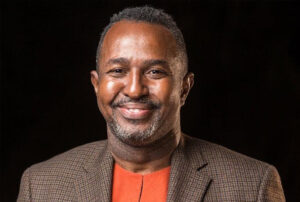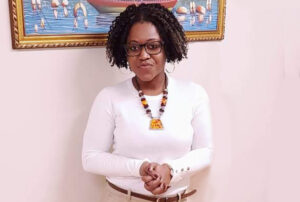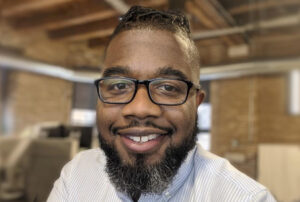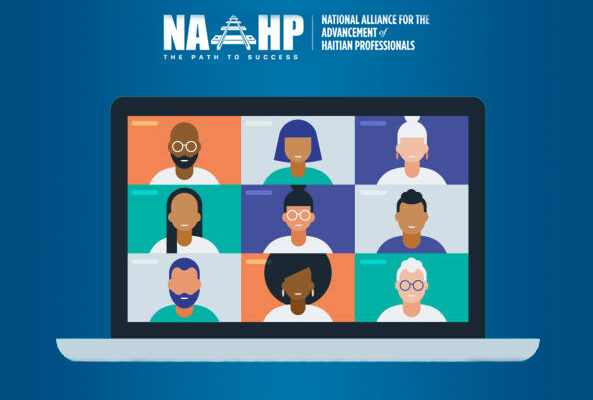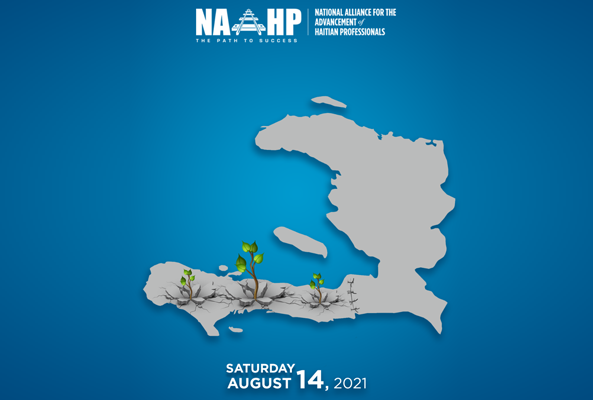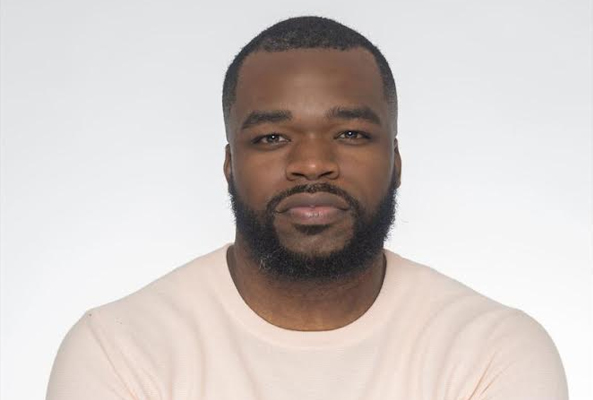
NAAHP Member Spotlight on Marc Romyr Antoine
What led you to pursue your career?
My faith coupled with my love for Haiti led me to pursue a career in holistic community transformation. The 2010 Haiti earthquake, the Israeli/Palestinian conflict, and racial inequality in the US and worldwide were contributing factors to my focus on justice as a vehicle for international development.
How were you able to get started?
After grad school, I was able to land an internship in Haiti with an NGO called Tearfund UK. It was through networking with a Haitian friend from college that I was able to meet the Director of that organization and was then invited to stay in Haiti.
When did you realize that you were making real progress with your career?
My progress was evidenced by the trust invested in me by my colleagues in the field. Their confidence in my work that manifested through requests for mentoring, consultations and success of various projects were indicators that I was progressing and making an impact.
What have been some of your professional highlights?
- I moved back to Haiti in 2015 and for seven years lived and worked there full-time. Part of that work included humanitarian responses such as Hurricane Matthew in 2016, COVID 19, civil unrest leading to Internally Displaced Persons, the 2021 Earthquake, etc. Responding to the needs of affected communities through cash transfers, food distributions, housing rehabilitation, agricultural inputs, psycho-social support and WaSH (water, sanitation and hygiene) activities were some of the biggest highlights. My work contributed to positioning the organization as a key partner for the UN and other key humanitarian stakeholders in Haiti.
- Our work with the church in Haiti was particularly intriguing. In 2019 we led a nationwide, multi-denominational, church campaign called The Haiti We Want. This was a church-led initiative towards developing a 30 year vision for Haiti. Traditionally, churches and church leaders want nothing to do with advocacy, politics and social justice. Through our training and mobilization, we were able to gather a multi-disciplinary group of church leaders from across the nation, to design and develop a vision for Haiti. This 30 year vision included themes such as education, health, finance, security, etc. For each theme, the church in Haiti articulated a vision for that specific focus area, it agreed to engagements towards that vision as a national church, and it made policy recommendations to the government to contribute to that vision. This was a seminal work of the Haitian church and I am proud to have led that work in my homeland.
- Enterprise-led development is one of the best ways to get people out of poverty. One of my highlights was the successful piloting and subsequent acquisition of global institutional investment for a youth-led green enterprise in my hometown of Carrefour. We secured a 1.3 million dollar investment to create a waste management company that trained communities in environmental protection, collected organic and plastic waste and then transformed that waste into secondary products. This business is still functioning, creating employment for youth in the community, generating income and transforming carrefour into a model green community.
What have been some of the challenges you’ve had to face?
One of the challenges that has been a recurring one has been age. I am usually the youngest among my peers in international development and theological spaces. This has often meant a lack of confidence and need to prove capacity over and above what others would have to do. I have managed to circumvent this challenge but it is a recurring one.
What’s the most important leadership lesson you’ve learned?
Listening is a skill that is neglected among many leaders. I have learned that effective listening has exponential impacts that are both seen and unseen. The ability to listen well has a direct correlation to the ability to serve well.
Do you personally know other Haitians in your field?
I know many Haitians in my field, most of my professional career was actually spent back in Haiti. However, I do not know many Haitian-Americans at the intersection of theology, international development and justice.
Do you feel as though you’ve helped break barriers?
I definitely think that my time in Haiti helped to break barriers. There is a certain idea and even stigma about diaspora working in Haiti. My time there helped to break down some of those barriers, especially in regards to using Creole as a professional language and the use of Haitian-American diaspora as contributors to Haiti’s transformation.
What do you feel is next for your career?
I am back in the US now and I am developing a company focused on funding diaspora communities for impact in their home countries.
Did you have a mentor or do you mentor someone else? How has that experience changed you?
I had a mentor who helped me in my transition back to Haiti. His patience with me, trust in me, and his balance of autonomy and accountability was life changing. It helped me understand my limitations, strengths and capacity. He helped me understand the distinctions and differences as well as similarities between diaspora and nationals. He also helped me to understand people and how to manage them.
What would be your advice to young people who want their careers and lives to have an impact?
Be balanced. Learn to trust in your youth and talent but also learn to accept your limitations. Learn from others as much as you can, humility will take you where skill cannot.
Who or what inspires you?
Haitian parents inspire me, not just them, but all diaspora parents. They left their nations to build a family in a foreign land and they did very well. They inspire me tremendously.
When you’re not working, where can we find you?
Playing outside with my toddler boys, traveling the world with my wife, or playing basketball somewhere.

 English
English Français
Français Donate
Donate Partner
Partner Shop
Shop Login
Login
